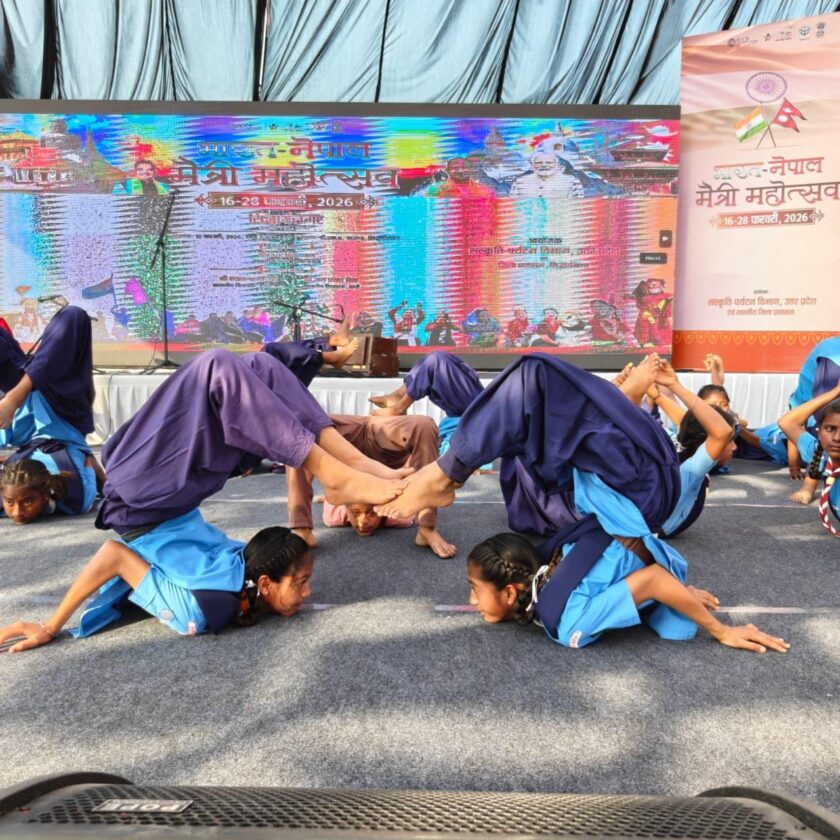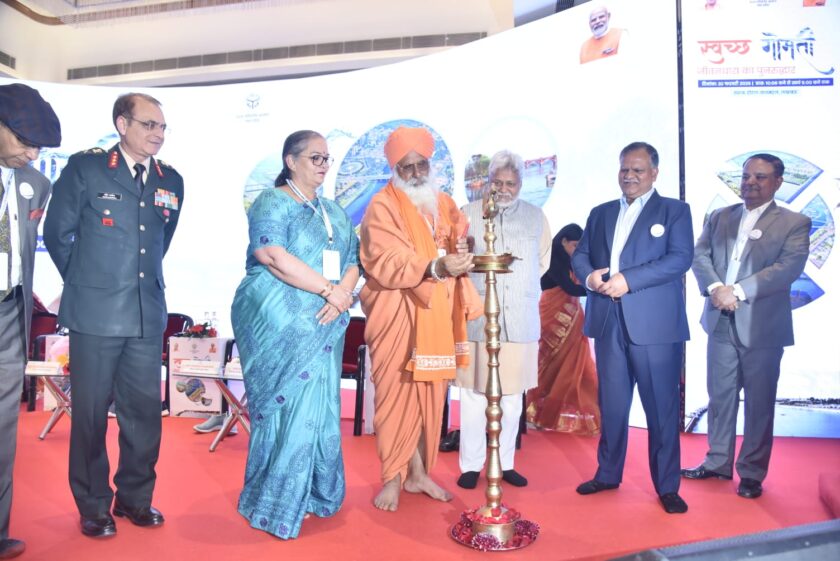Shillong: The 25th edition of the Hornbill Festival in Nagaland, renowned as the “Festival of Festivals,” has taken a groundbreaking step towards sustainability by becoming a Zero-Waste and Single-Use Plastic (SUP)-Free event. This milestone reflects a paradigm shift in how large-scale cultural celebrations can harmonize with global sustainability goals. The festival, which attracts more than 2 lakh visitors daily, has not only showcased Nagaland’s rich cultural heritage but also demonstrated the feasibility of eco-friendly event management practices.
Setting the Stage for Sustainability
The Hornbill Festival 2024 was inaugurated by Nagaland’s Chief Minister, Neiphiu Rio, with a commitment to aligning the festival’s management with the principles of environmental conservation. Rigorous planning and community involvement were the cornerstones of this initiative, making it a benchmark for other events across India and beyond.
To achieve the Zero-Waste and SUP-Free objectives, the festival implemented several impactful measures. These included banning all single-use plastics, encouraging the use of eco-friendly materials, establishing comprehensive waste management systems, and promoting sustainable behaviors through education and awareness campaigns.
Key Measures and Initiatives
- Elimination of Single-Use Plastics:
- All single-use plastic items, such as straws, disposable plates, cups, and plastic bags, were banned.
- Vendors were mandated to use biodegradable alternatives like bamboo straws, leaf-based plates, and paper bags.
- Dedicated enforcement teams monitored compliance, ensuring only approved materials were used.
- Comprehensive Waste Management:
- Waste segregation at source was implemented, with clearly labeled bins for wet, dry, and recyclable waste placed throughout the venue.
- A dry waste sorting station categorized materials into plastics, paper, glass, and metals, with recyclables sent to authorized centers.
- Wet waste was processed using composting units, producing compost for local agricultural and community use.
- Eco-Friendly Food Practices:
- Food stalls adopted reusable or compostable utensils, including banana leaves and bagasse-based plates.
- Visitors were encouraged to bring their own utensils or purchase reusable ones at the venue.
- Water refilling stations were installed to discourage the use of plastic bottles.
- Infrastructure Improvements:
- Forty-two toilets, including 36 in the food area (Morung) and six at public locations, were installed and regularly maintained.
- Awareness and Education:
- Informative signage and displays educated visitors about eco-friendly practices.
- Volunteers conducted on-the-spot awareness sessions to reinforce the Zero-Waste protocol.
Environmental Impact
The Hornbill Festival’s Zero-Waste initiative led to significant environmental benefits:

- Reduction in SUP Waste: Approximately 1 lakh SUP items were eliminated daily, preventing around 1 million items from polluting the environment over the festival’s 10-day duration.
- Lower Carbon Emissions: By avoiding SUP usage and promoting local sourcing, the festival likely reduced CO₂ emissions by over 50 metric tons.
- Promotion of Circular Economy: Recyclable materials were processed and sent to authorized centers, conserving resources and reducing energy consumption.
- Improved Air Quality: Methane and ethylene emissions, typically resulting from plastic waste, were significantly mitigated.
Community Involvement
The success of the initiative hinged on active community engagement. Vendors adapted to eco-friendly practices, and visitors enthusiastically participated by bringing reusable items and adhering to waste segregation protocols. The use of locally sourced materials not only supported sustainability but also benefited the local economy.
A Model for Future Events
The Hornbill Festival’s success as a Zero-Waste and SUP-Free event sets a precedent for other large-scale cultural, sporting, and public gatherings. By adopting similar measures, such events can significantly reduce their environmental footprint, protect ecosystems, and contribute to the fight against climate change.
The 25th Hornbill Festival has proven that it is possible to celebrate culture and tradition while prioritizing environmental sustainability. This achievement is a testament to Nagaland’s leadership in eco-friendly event management and a beacon of hope for global efforts to harmonize cultural heritage with ecological responsibility. As we look to the future, the Hornbill Festival’s zero-waste model offers a replicable framework for creating greener, cleaner celebrations worldwide.









